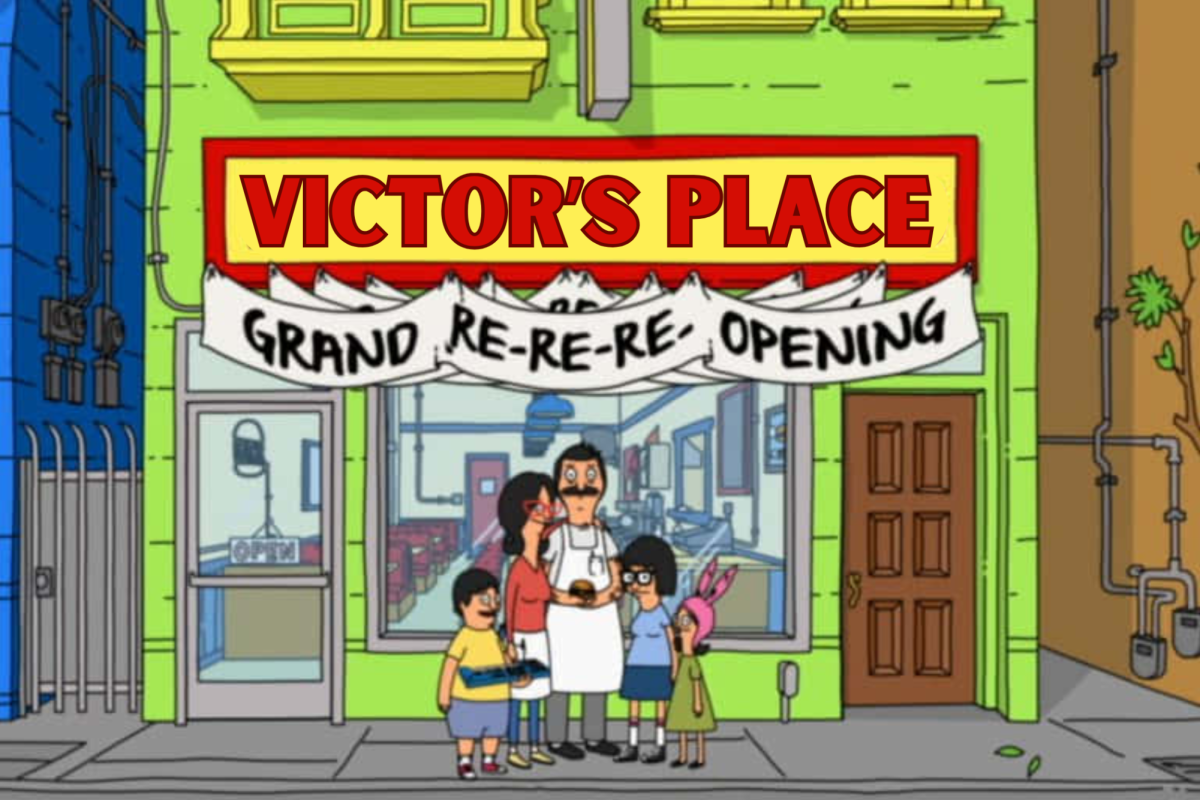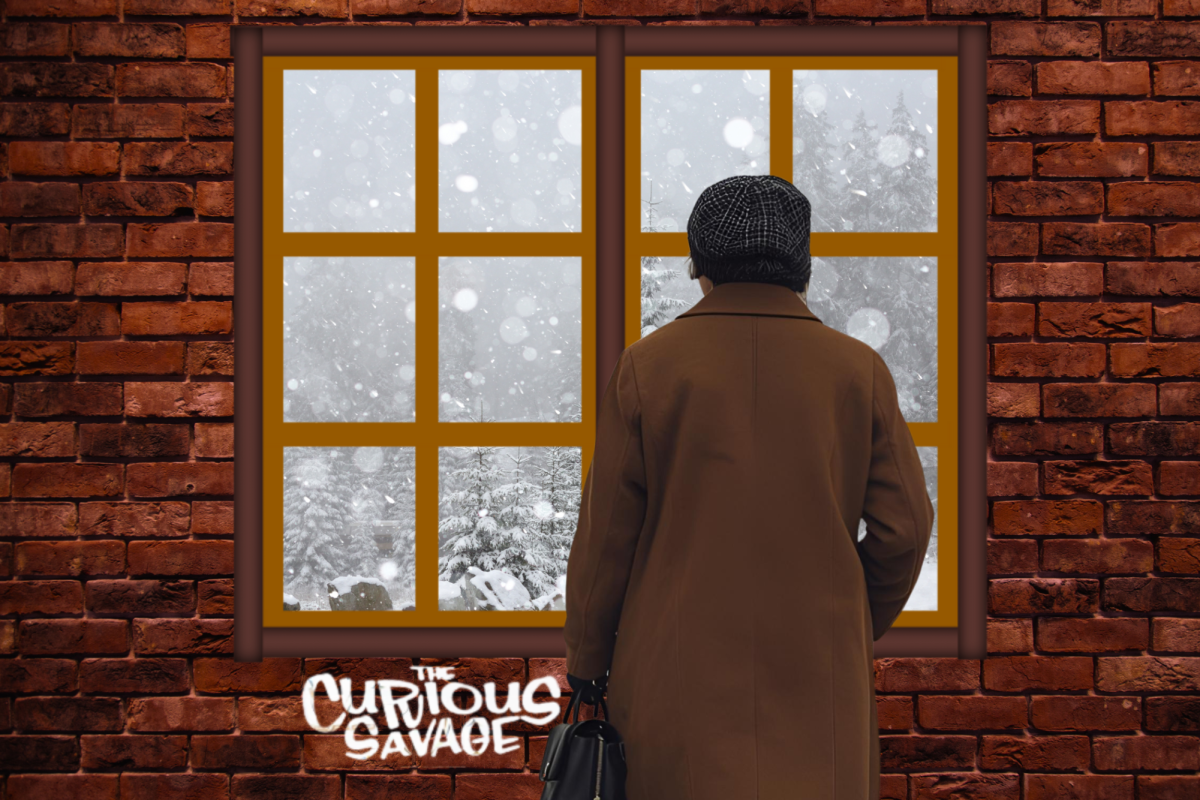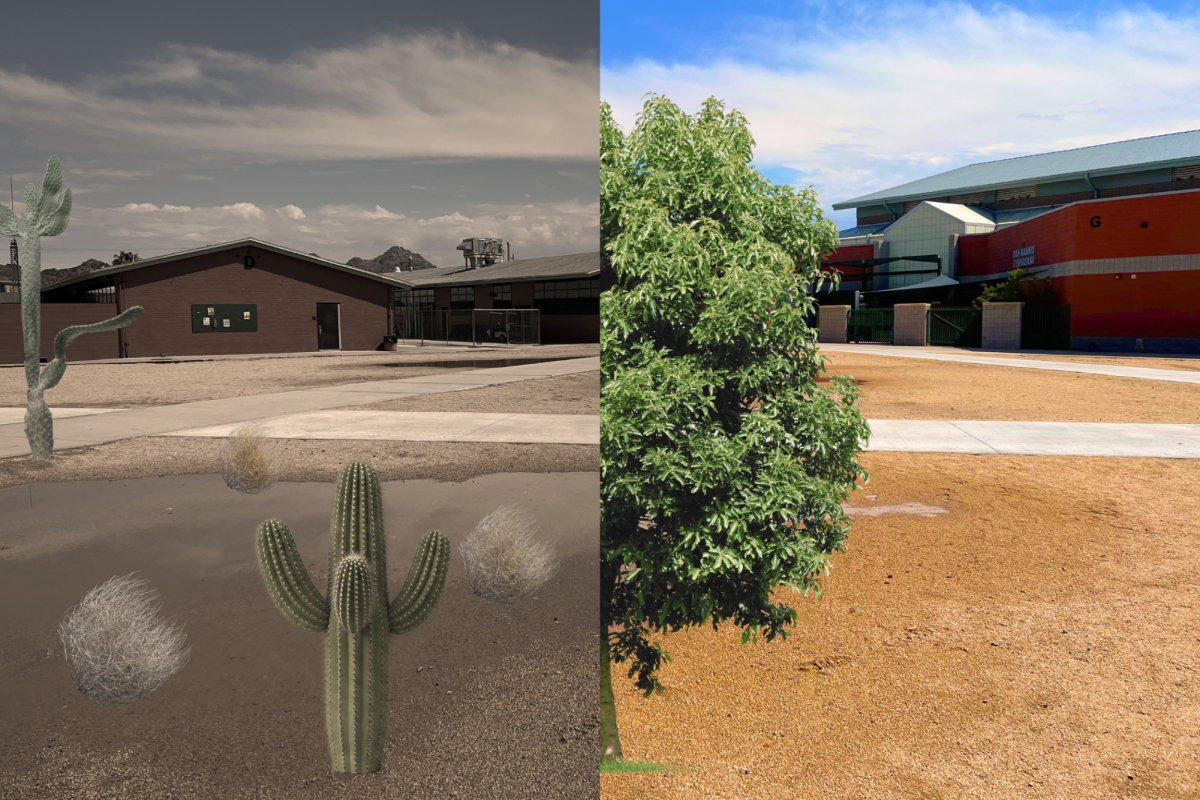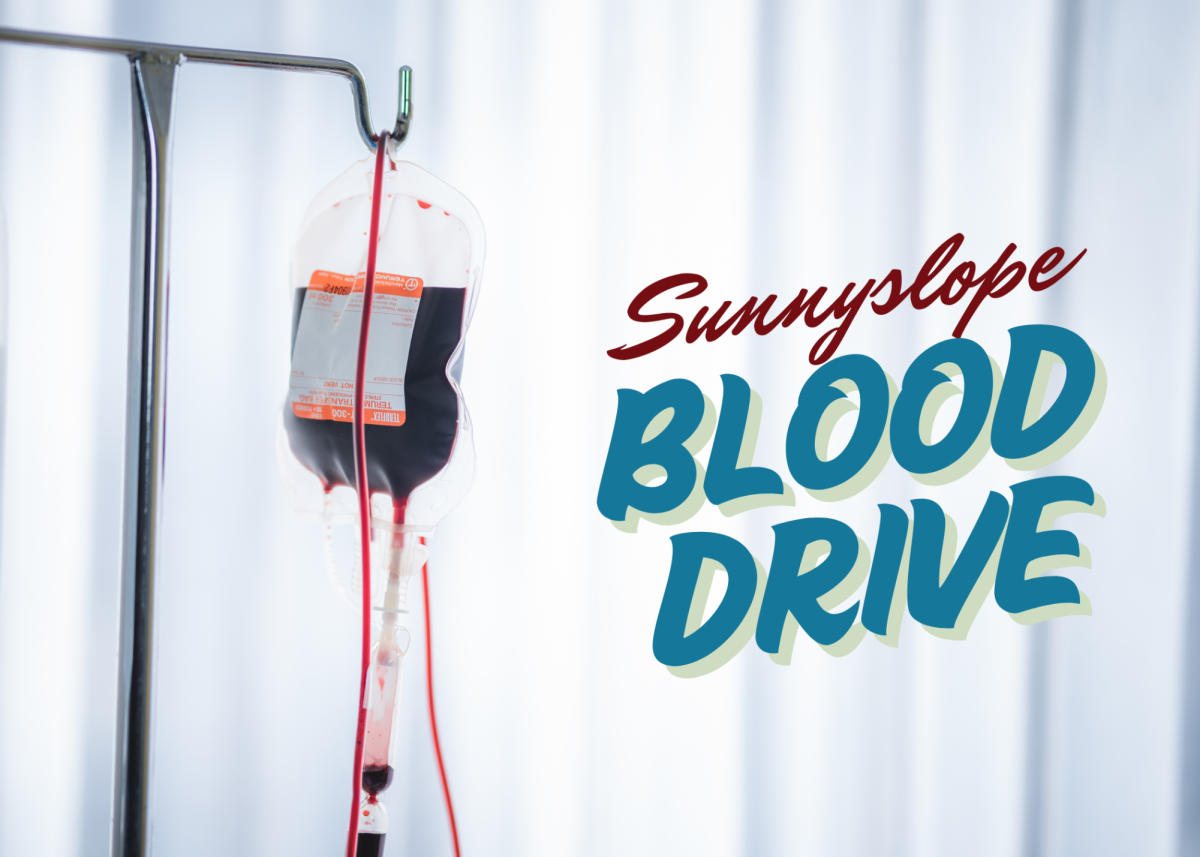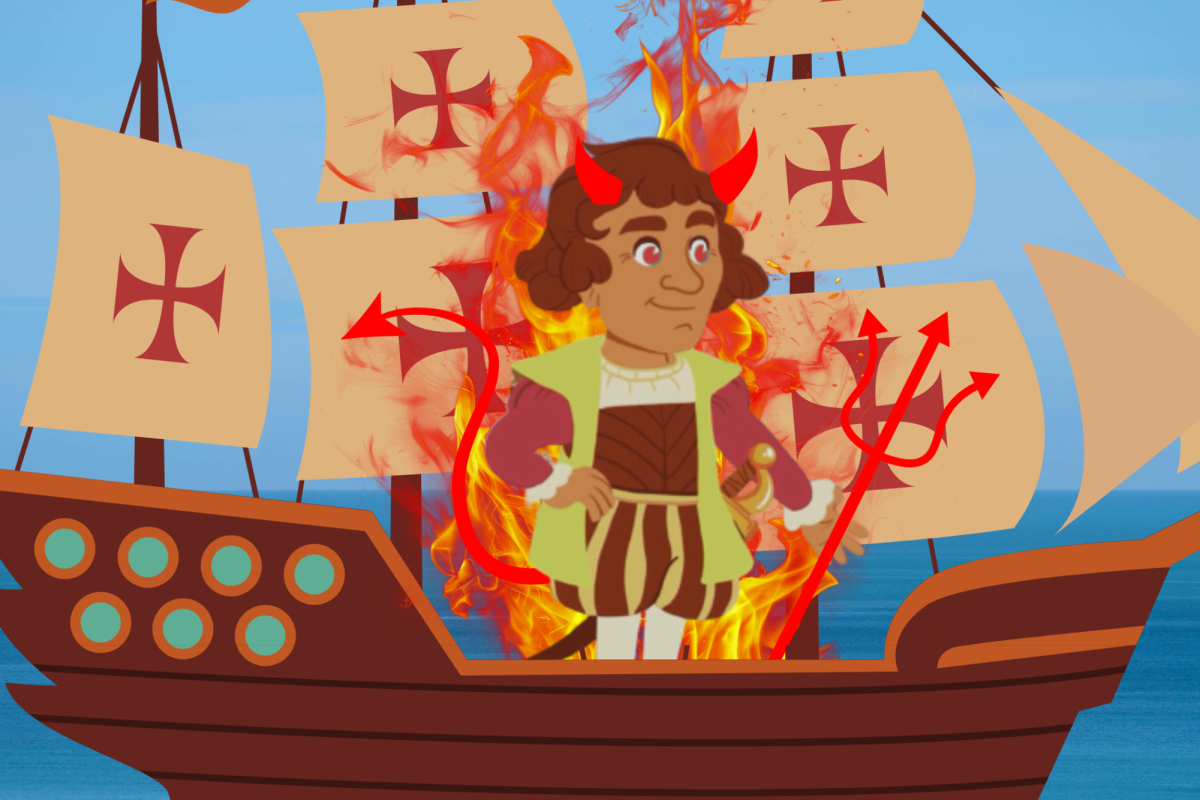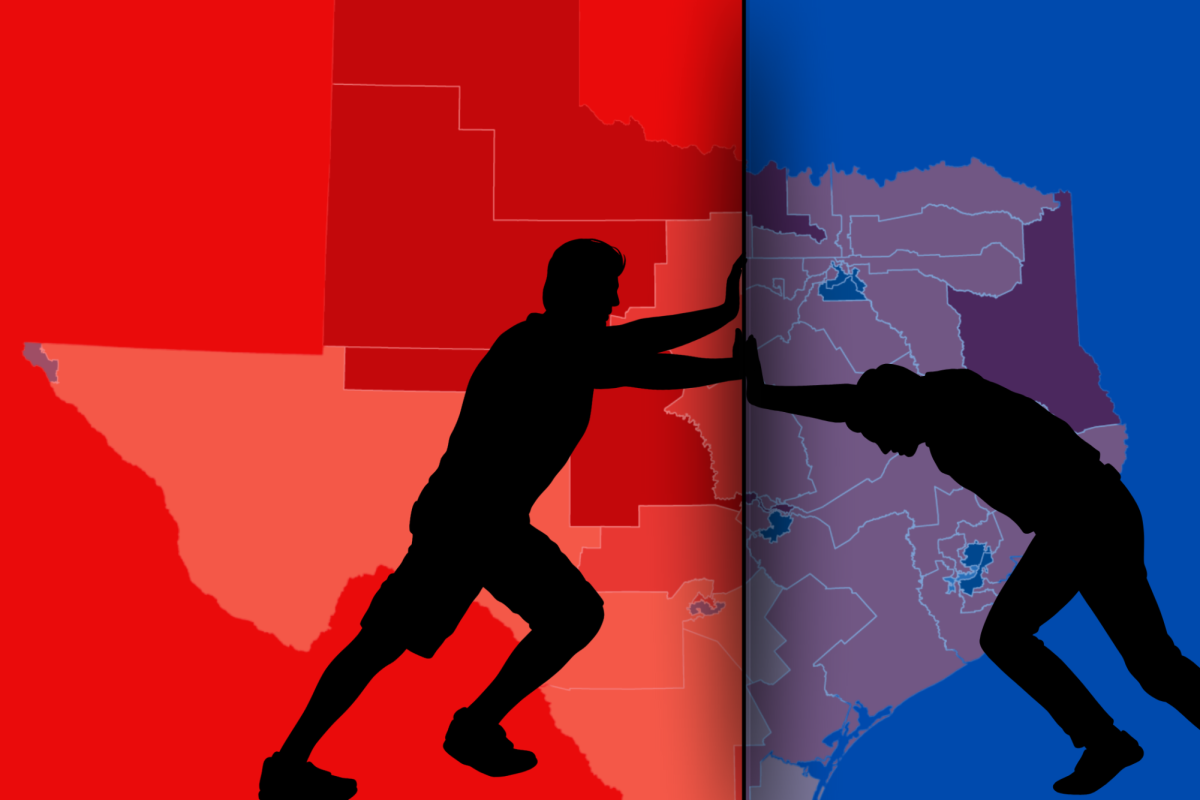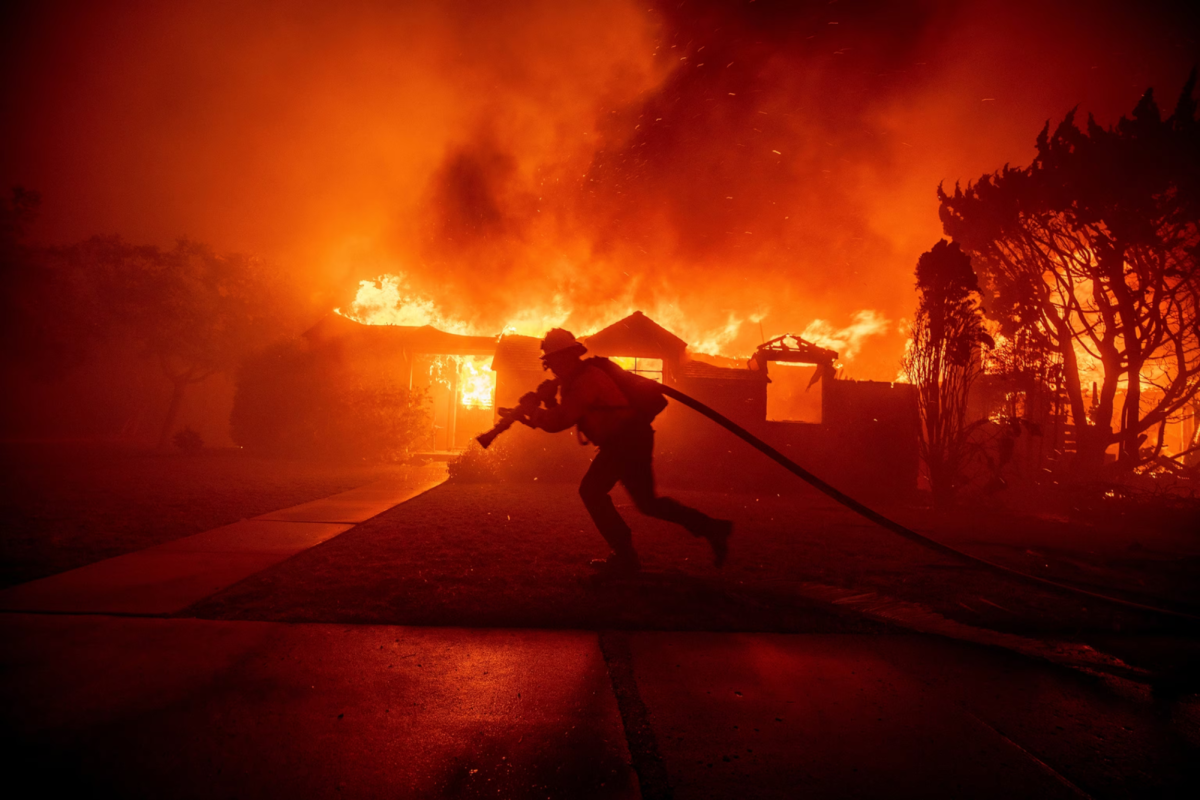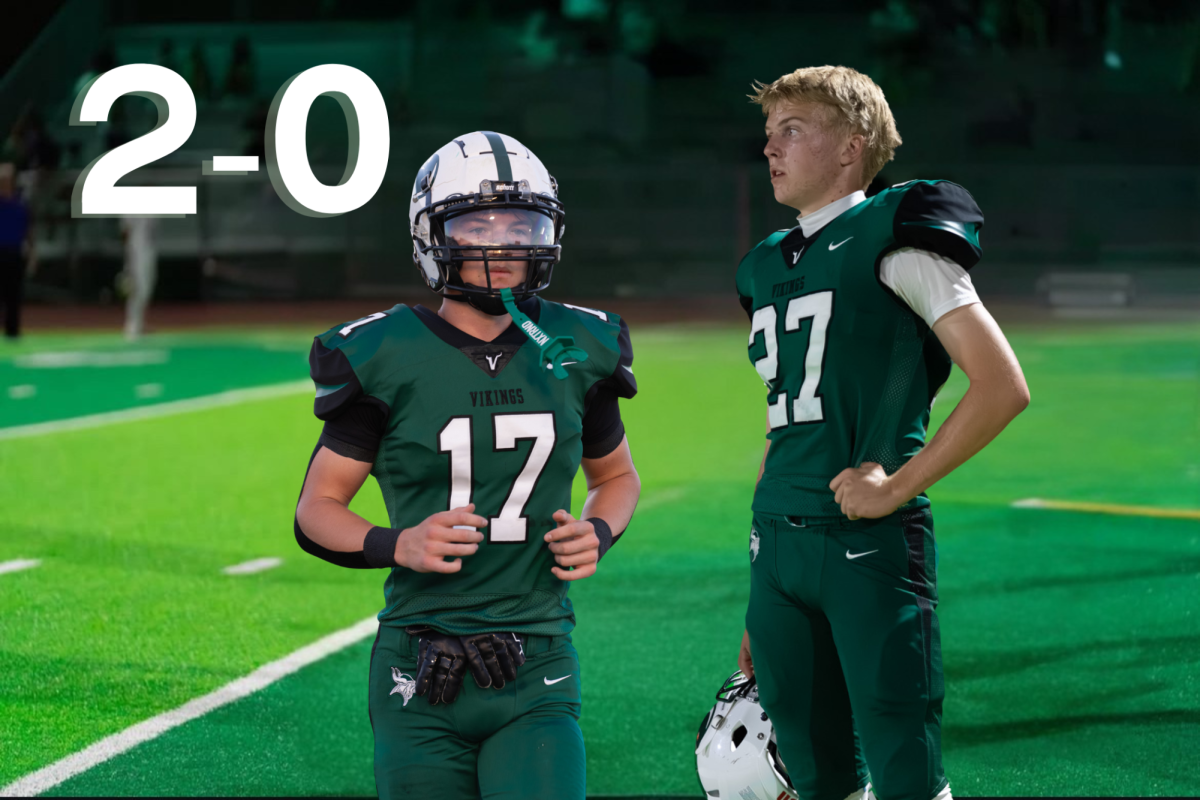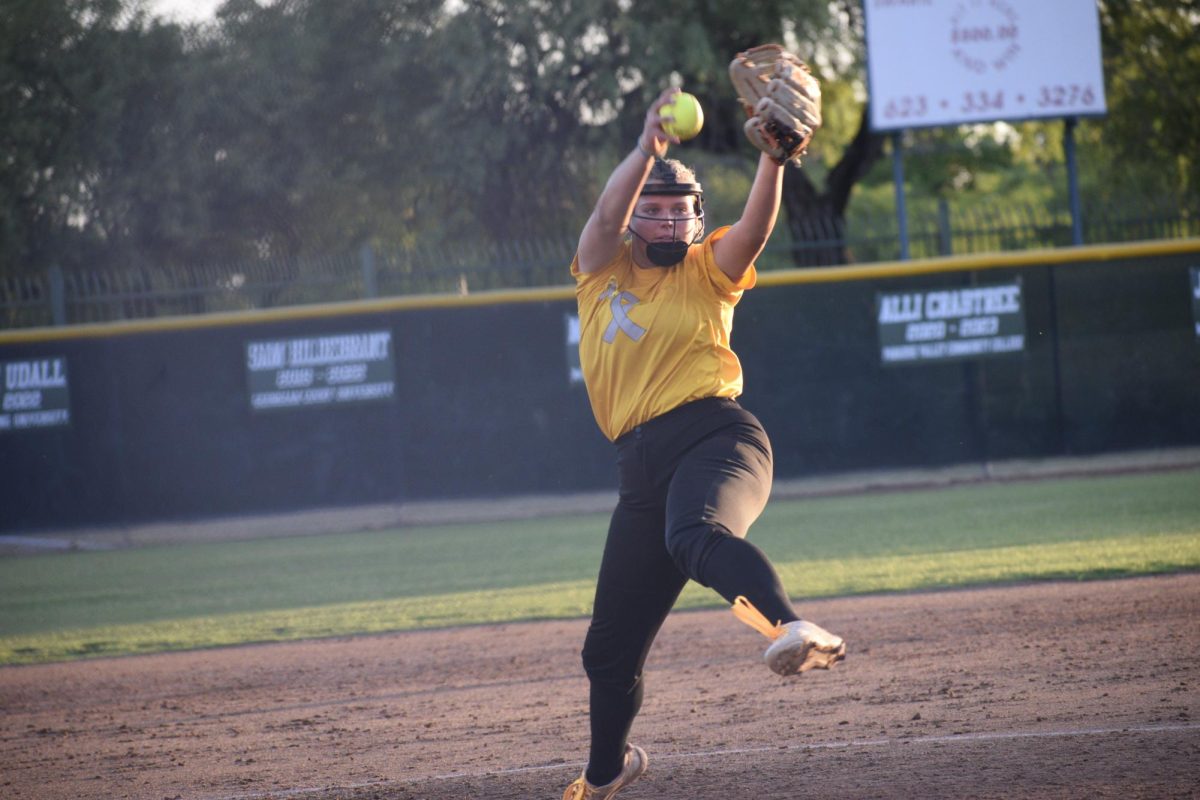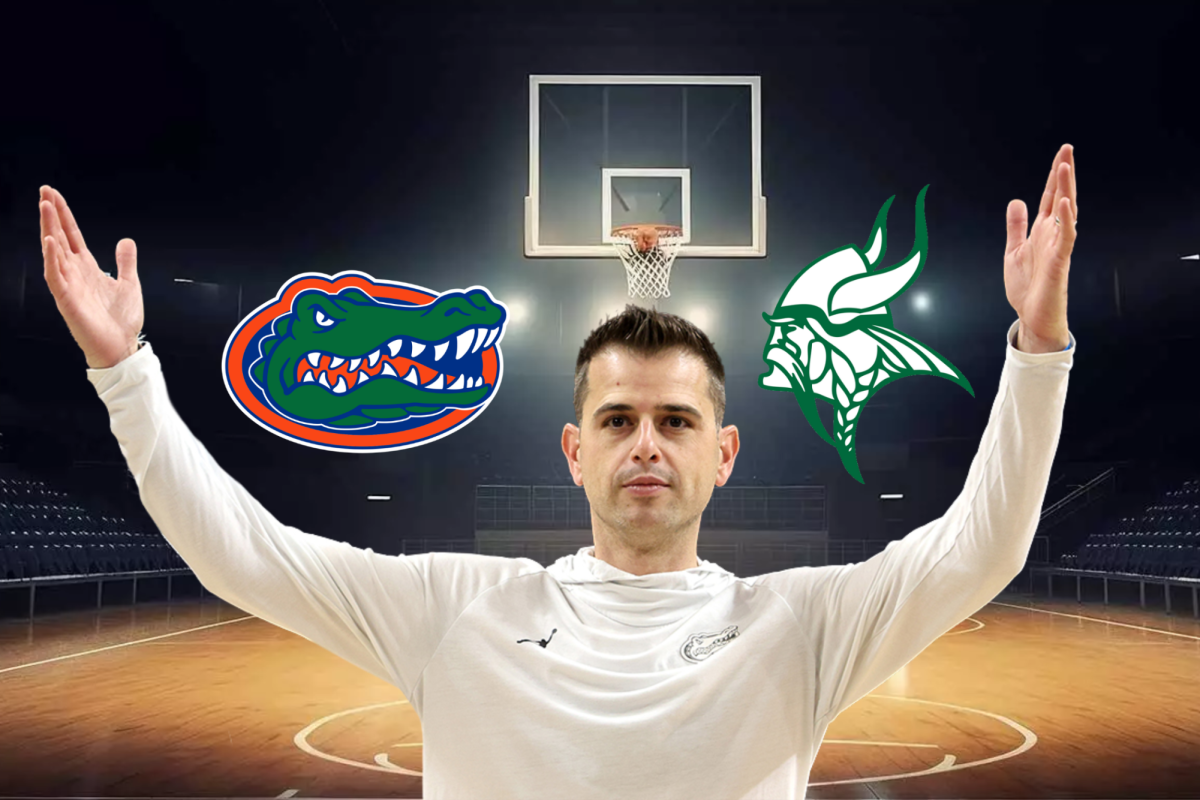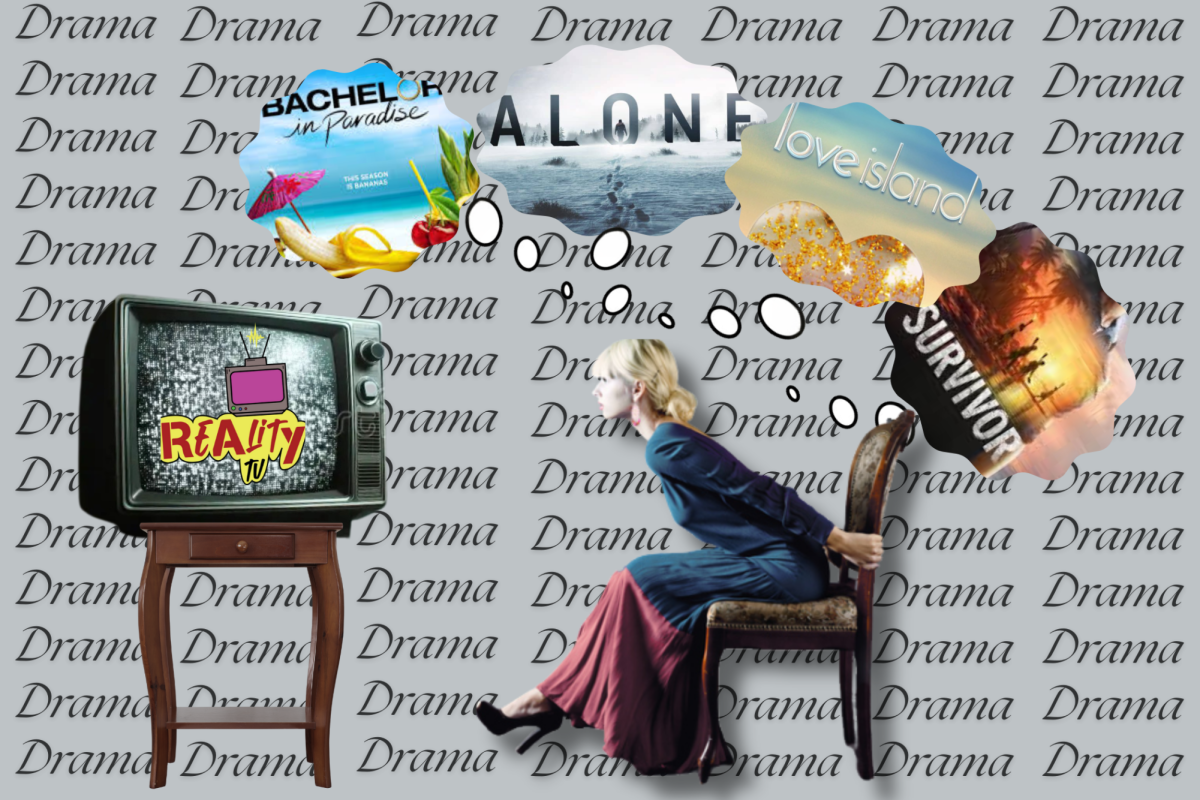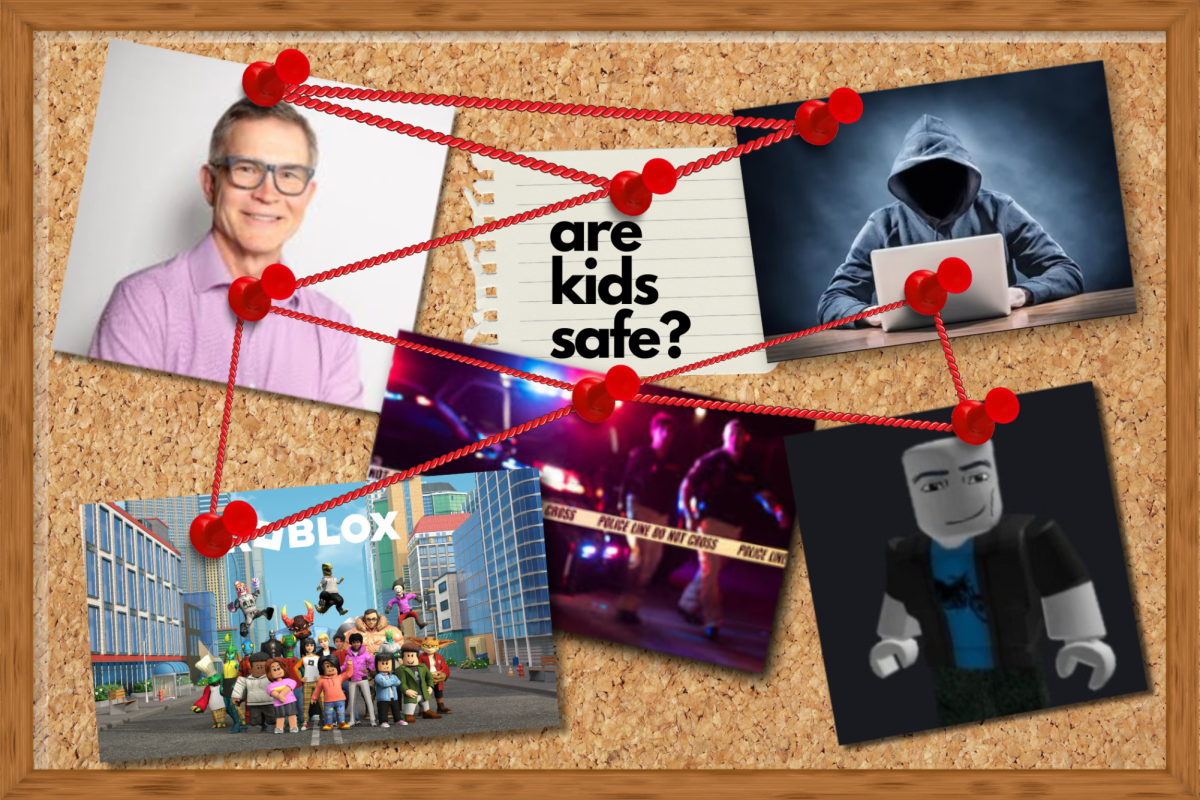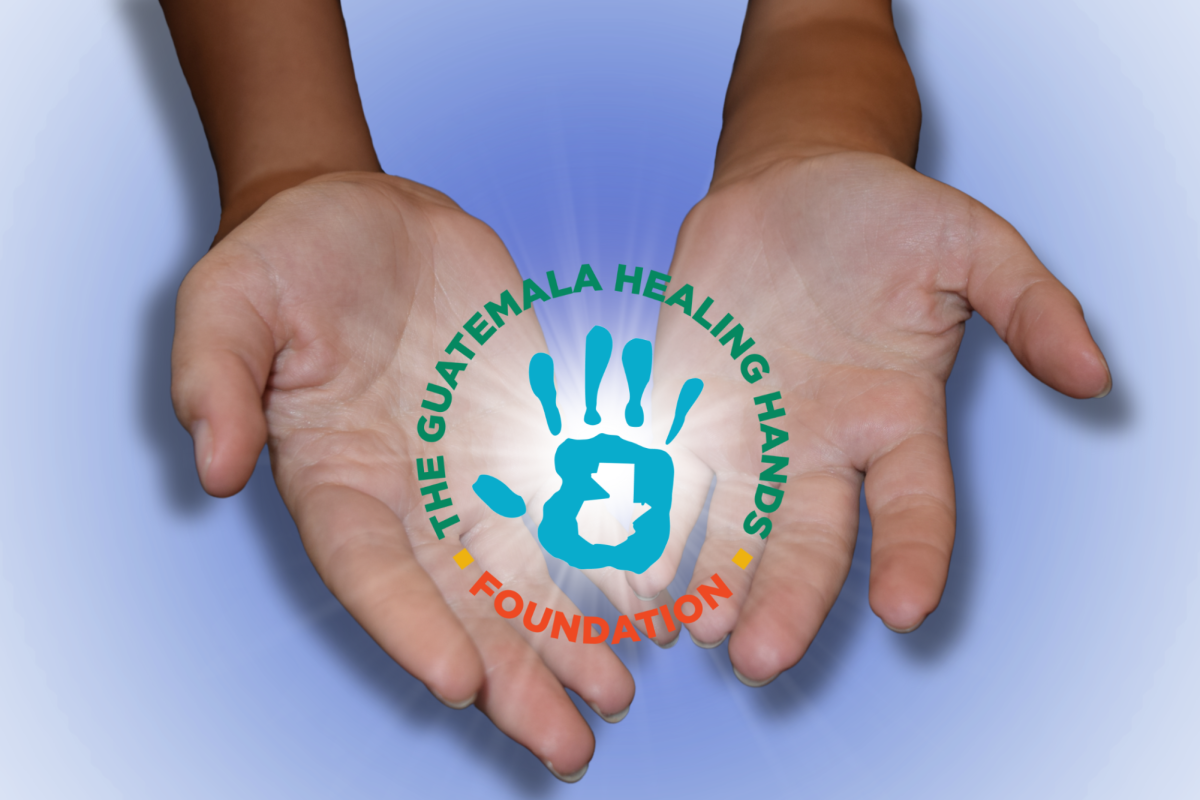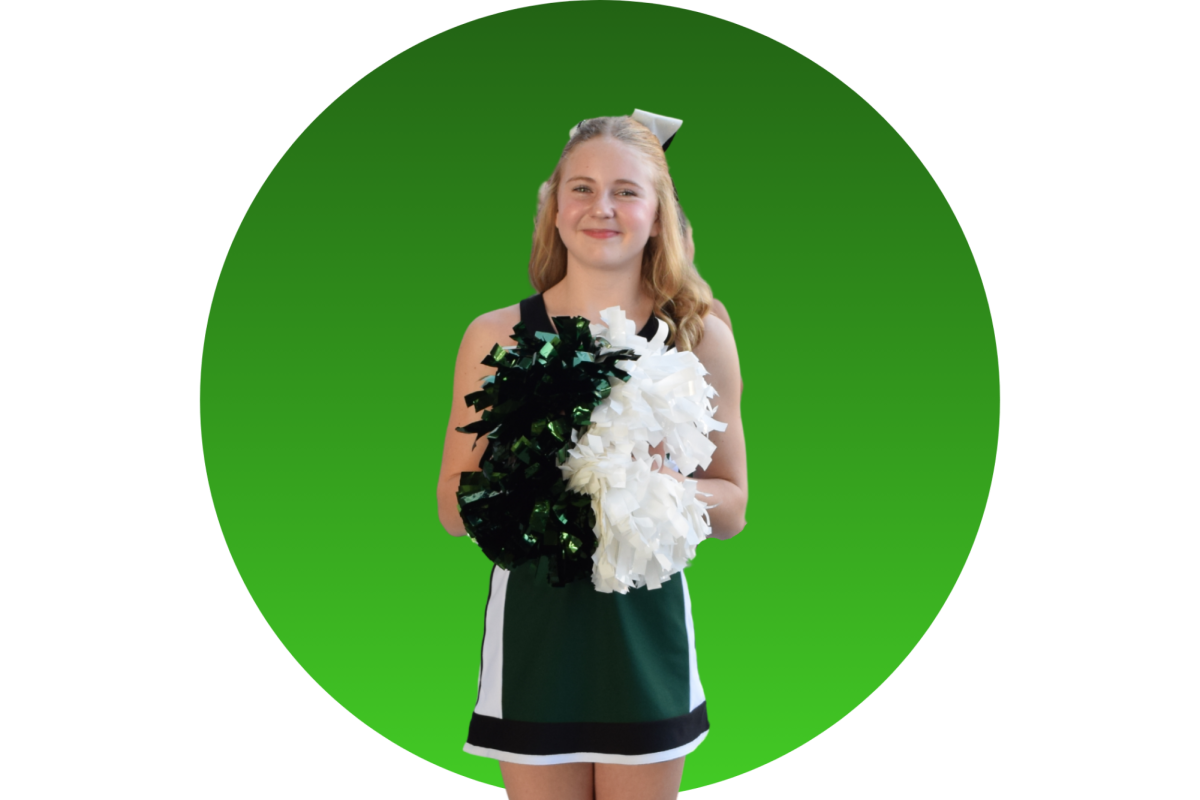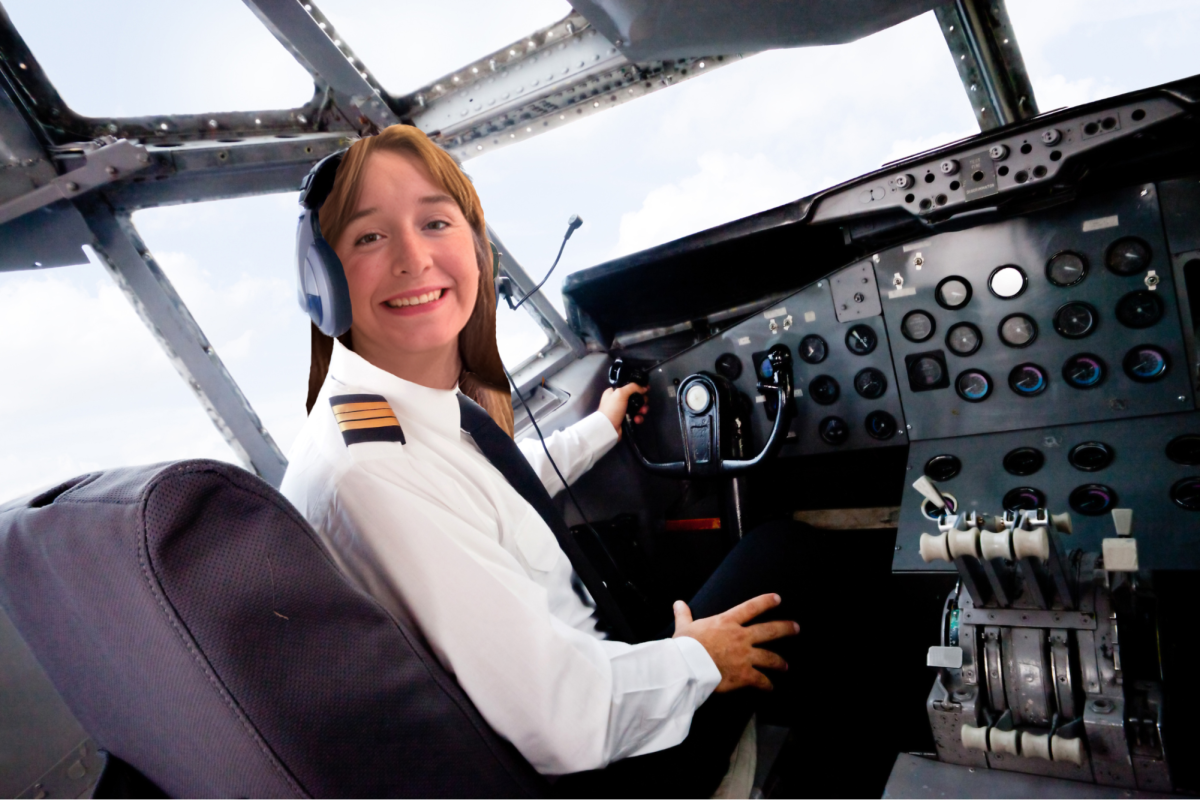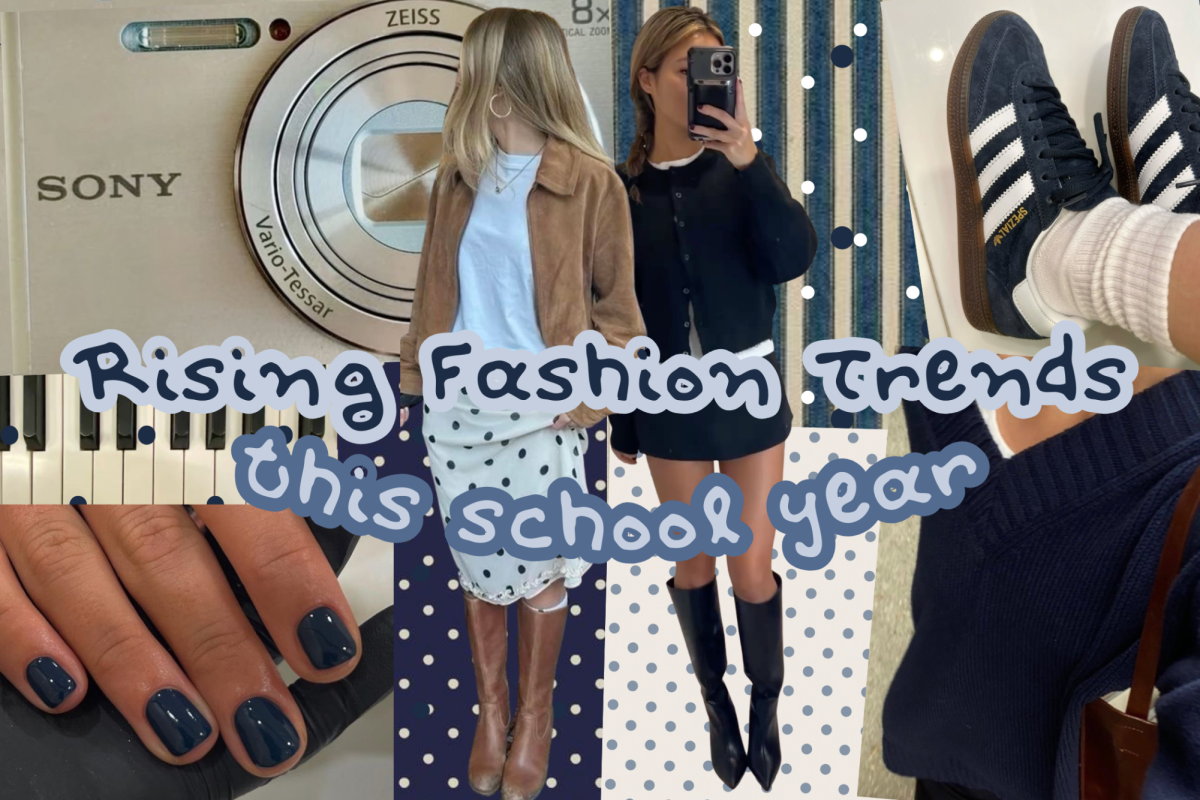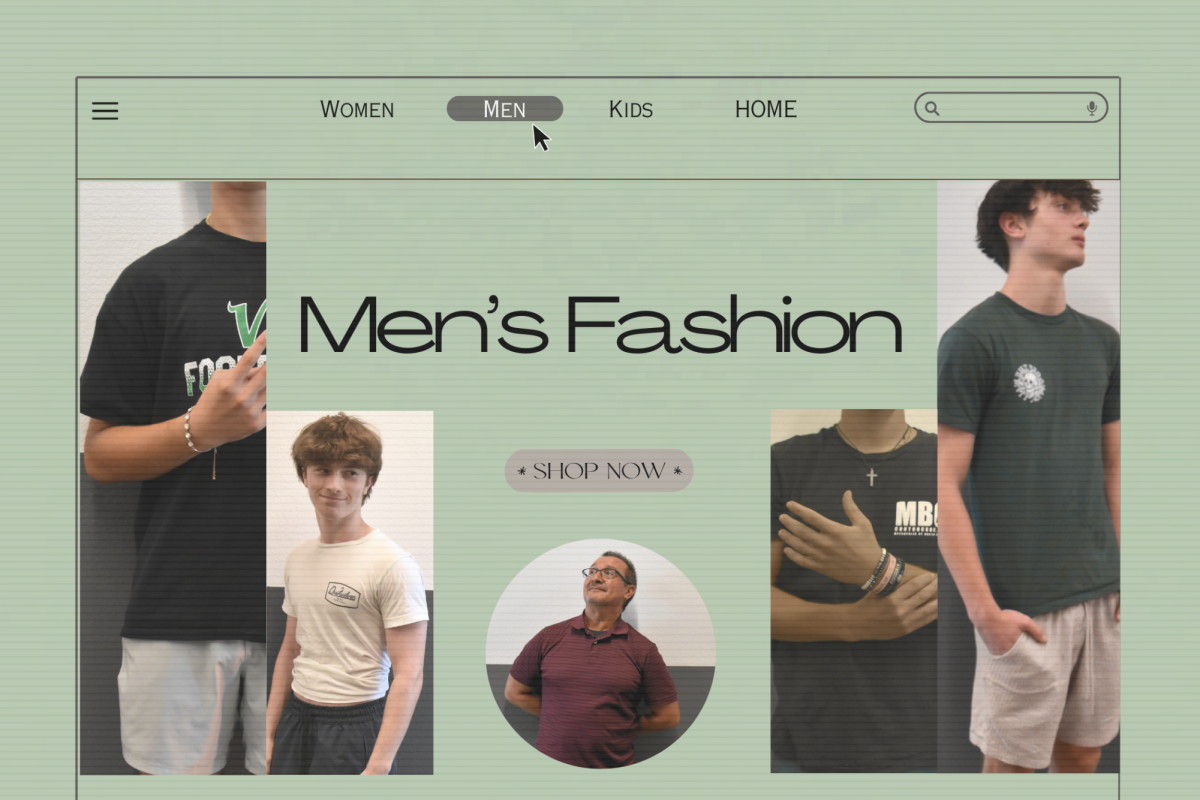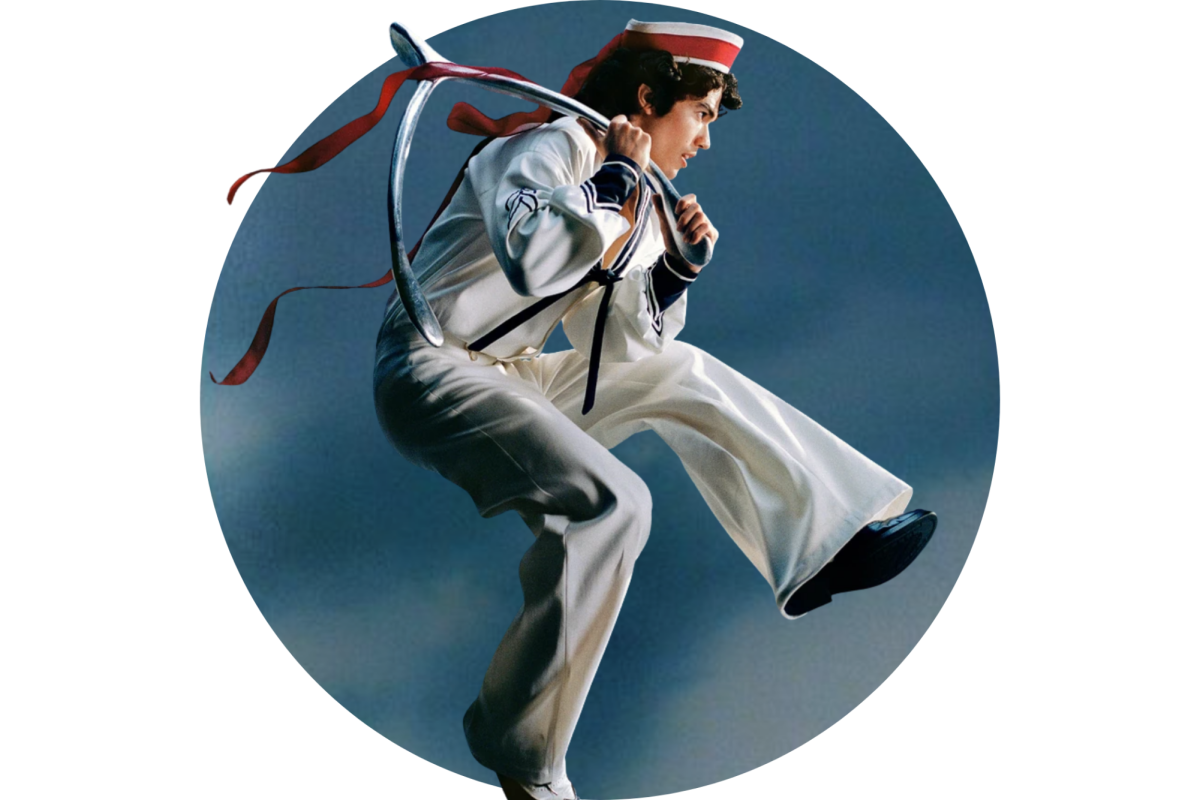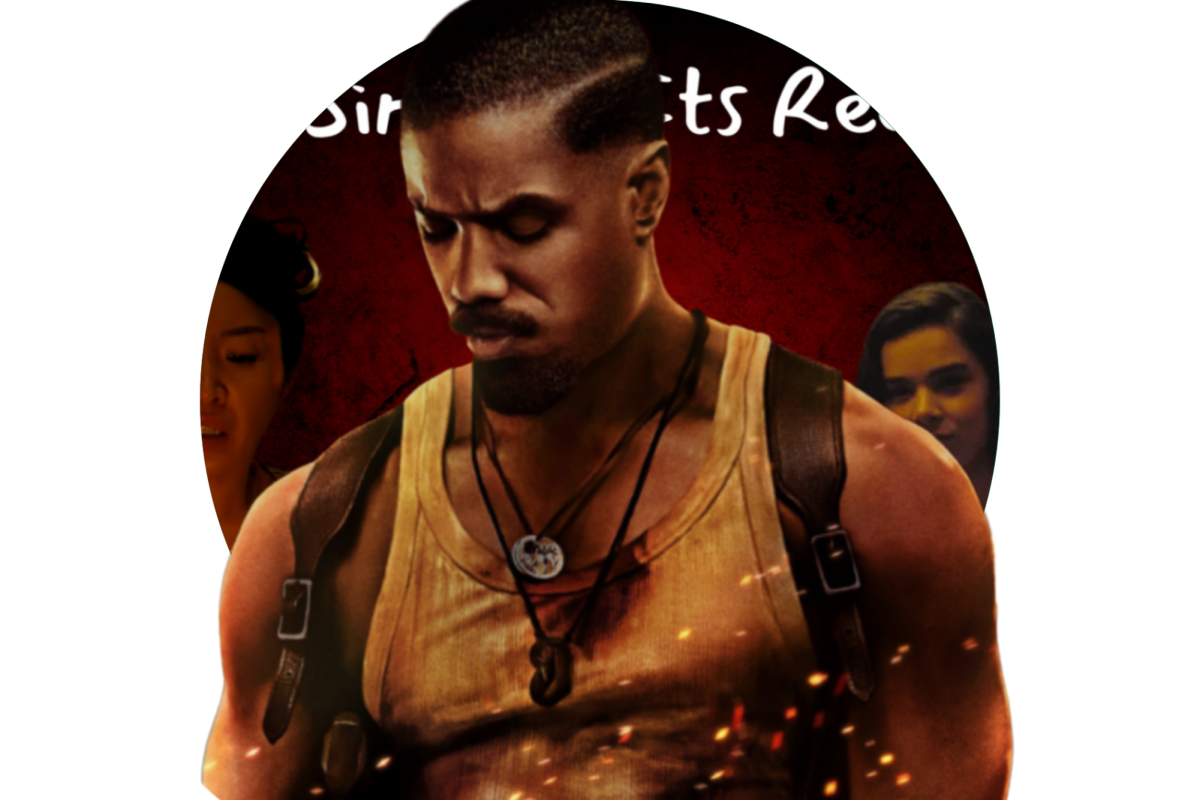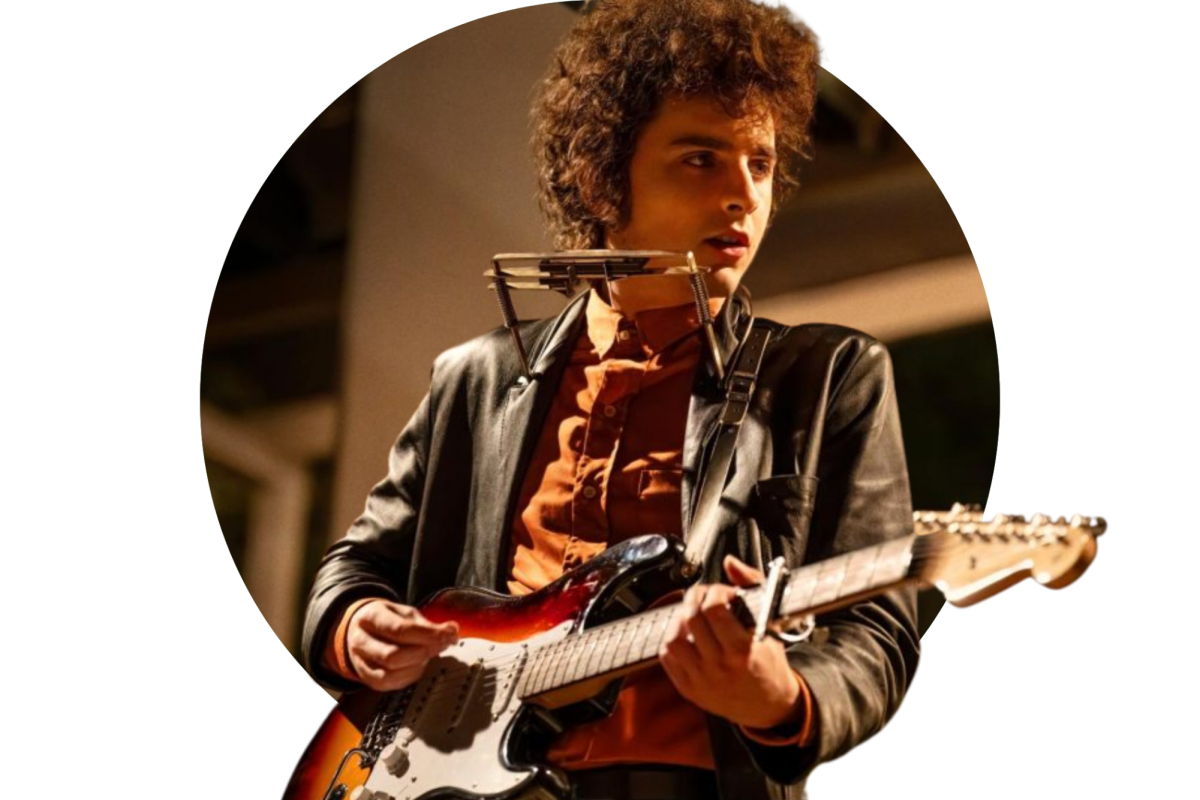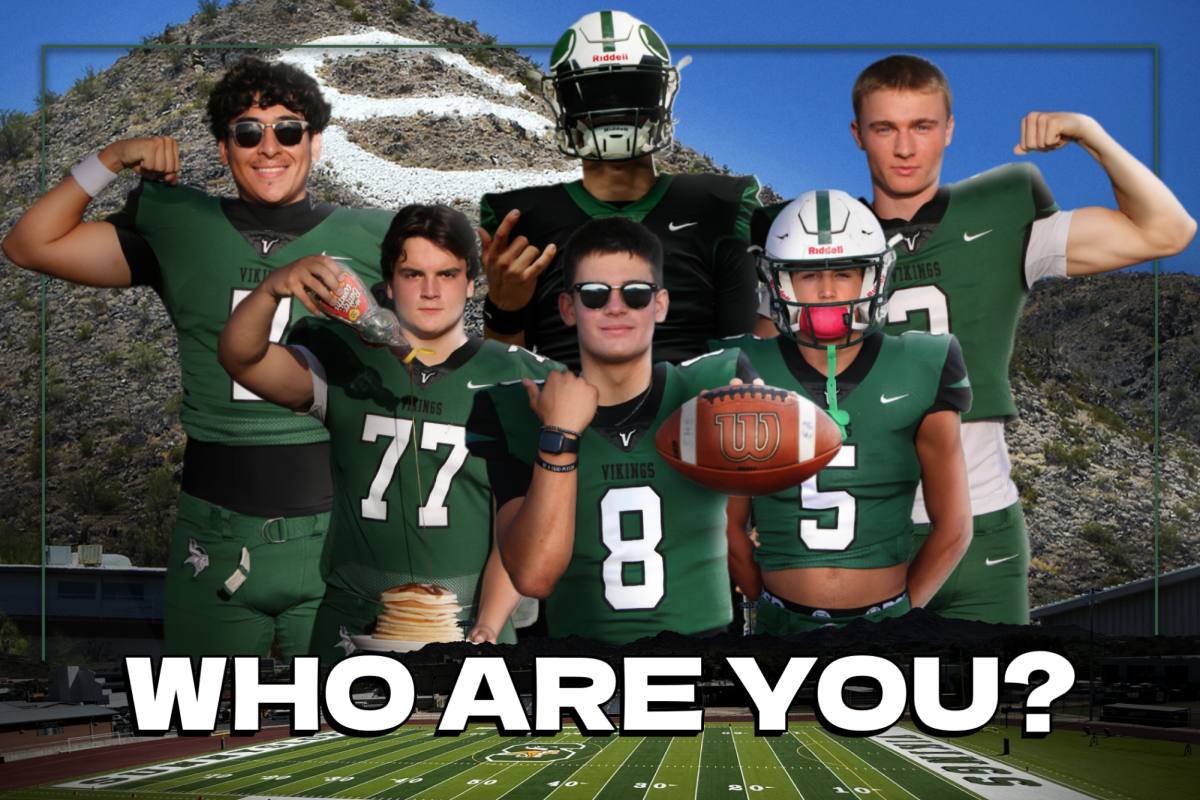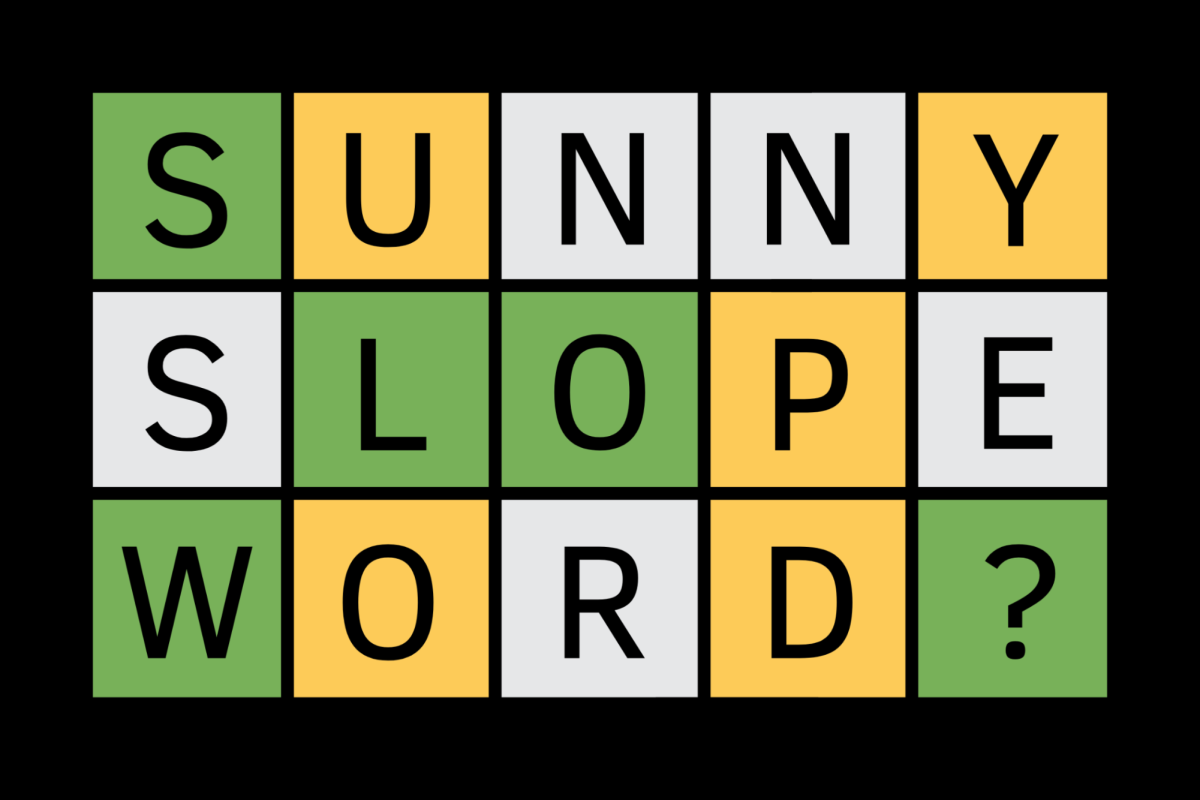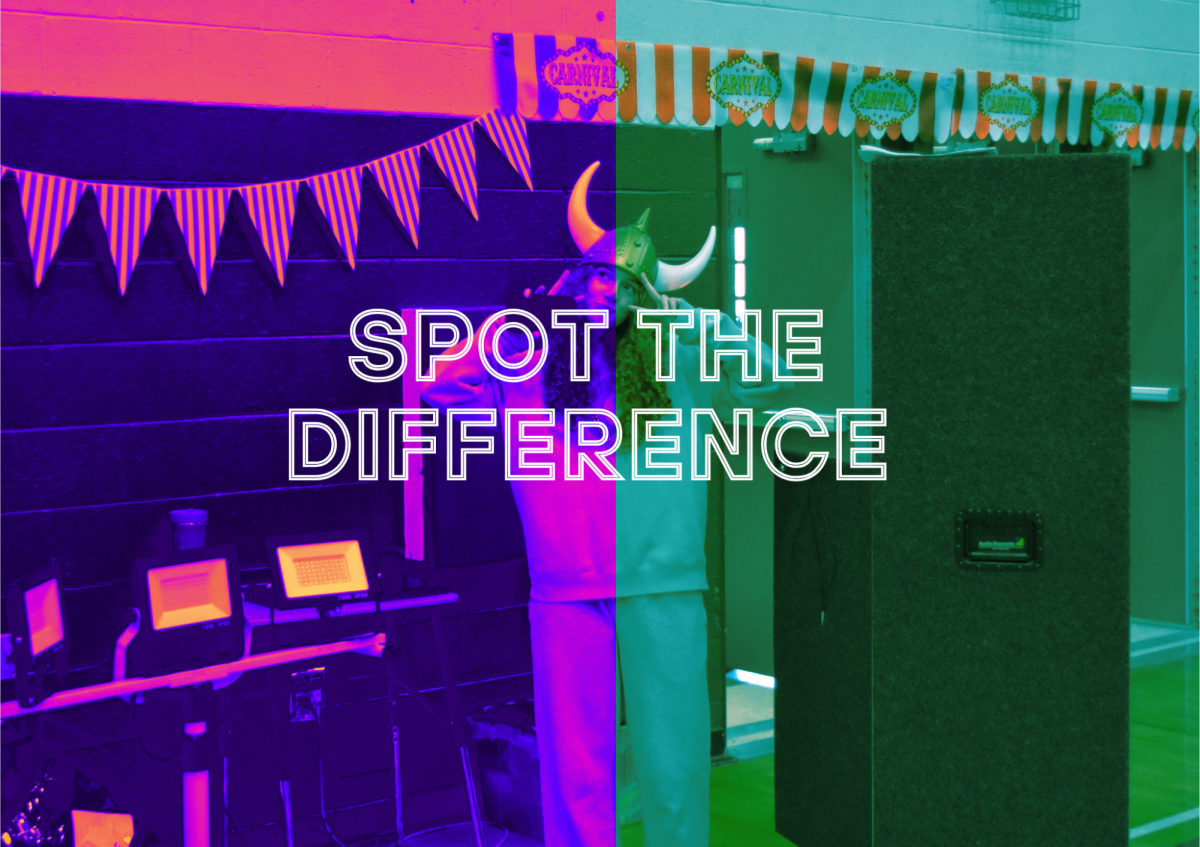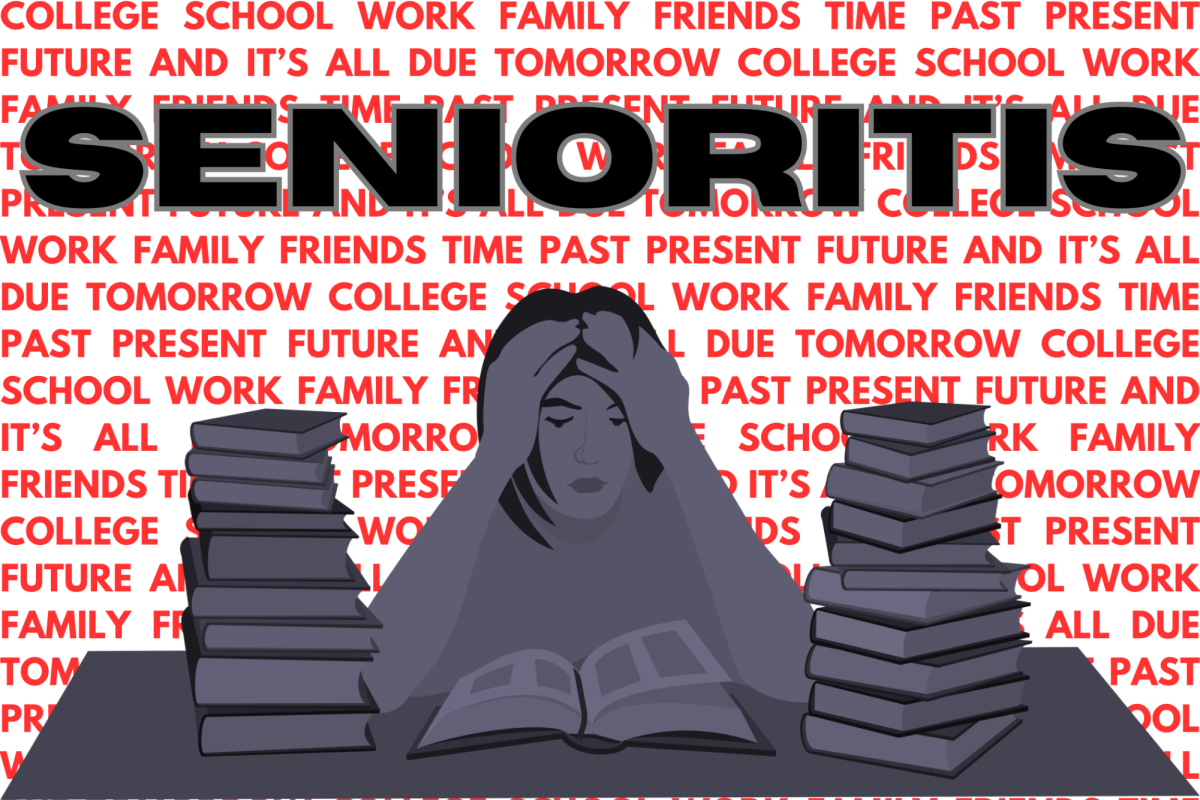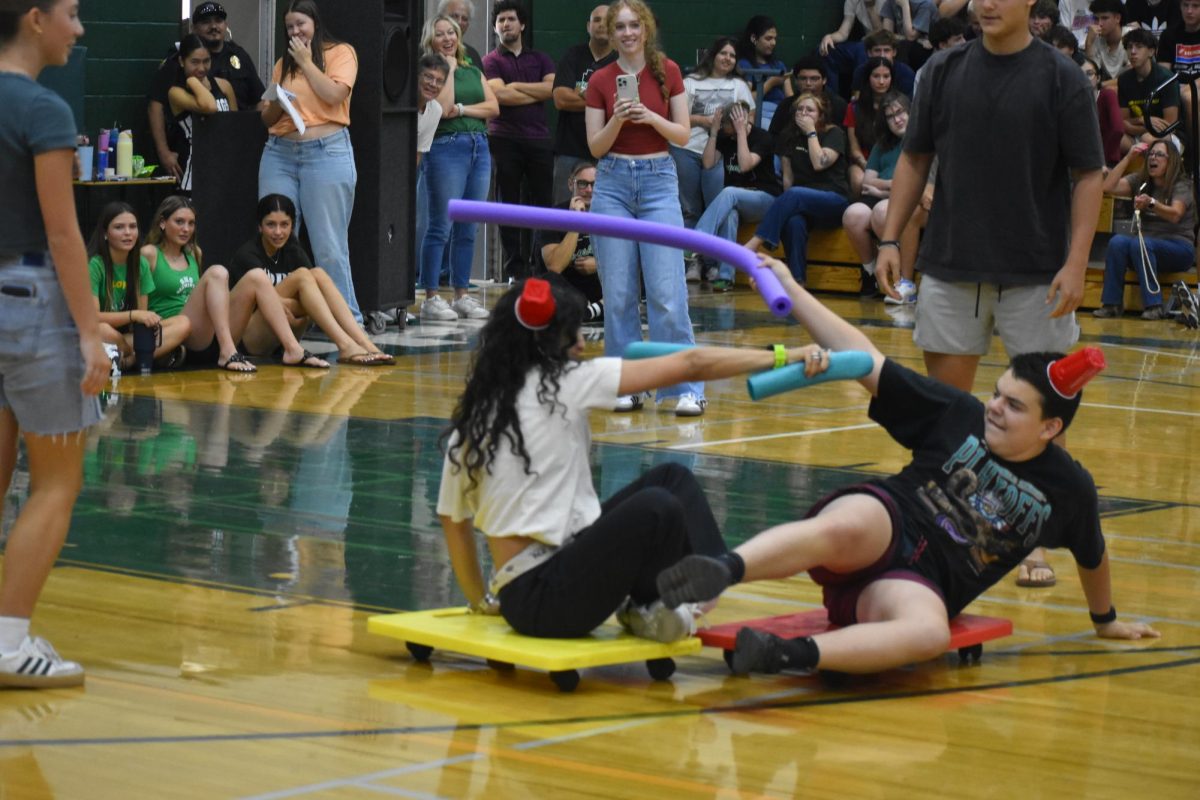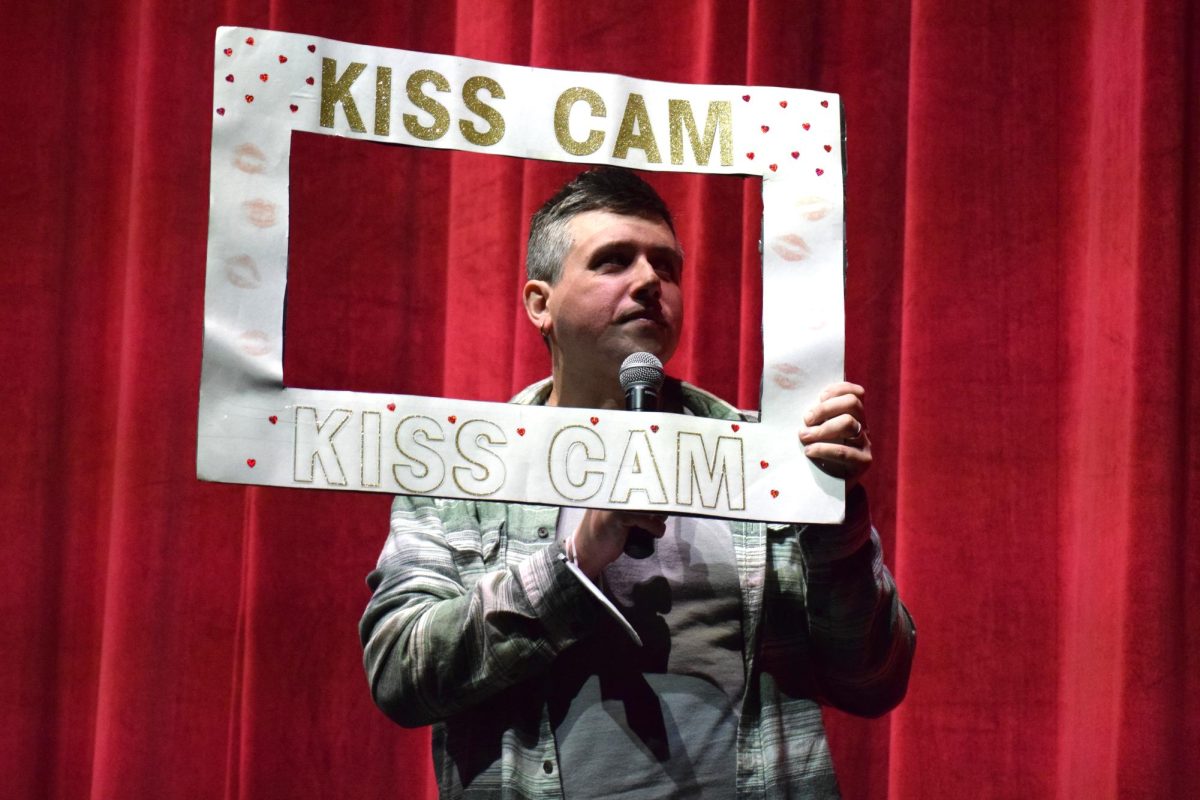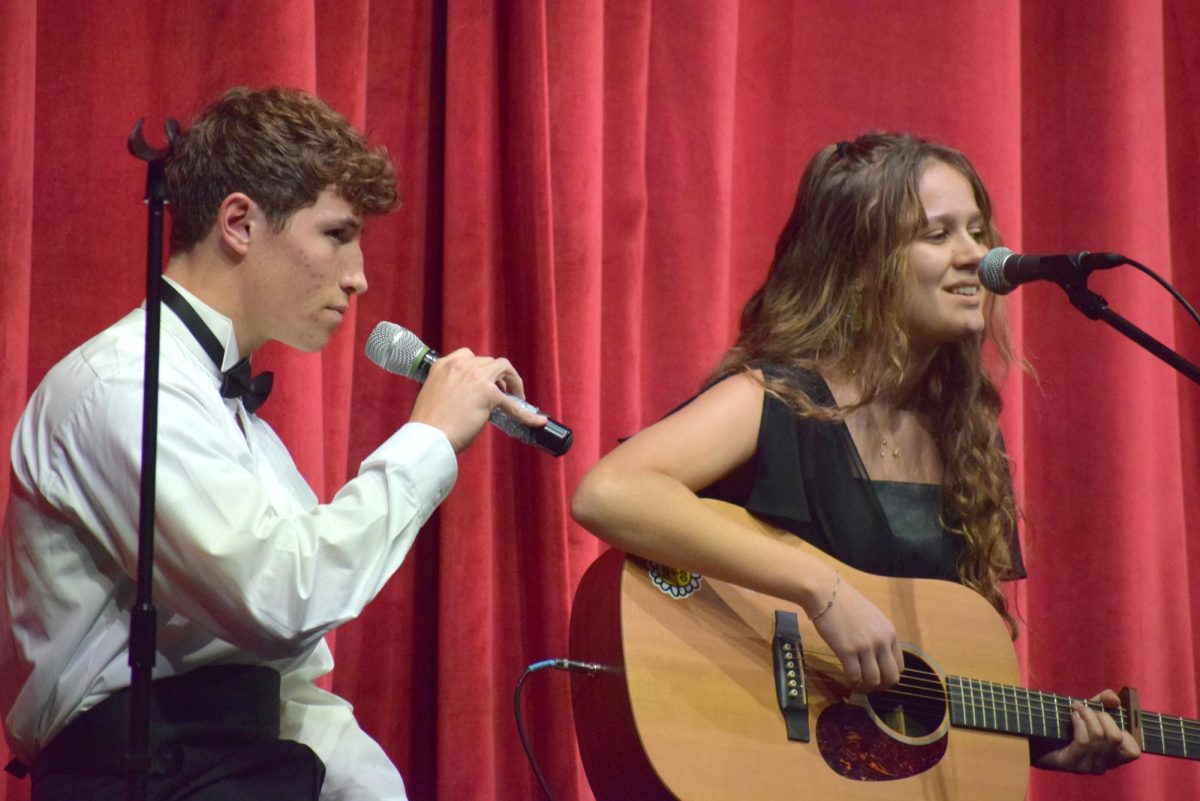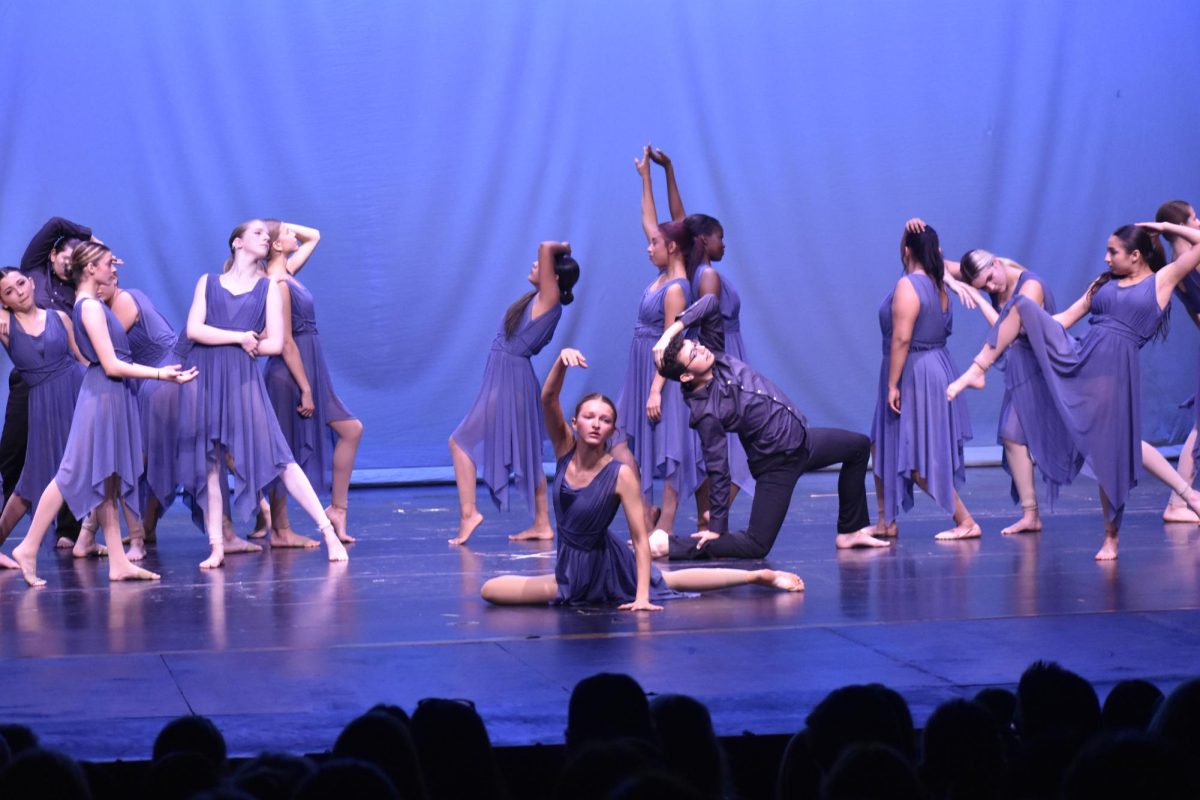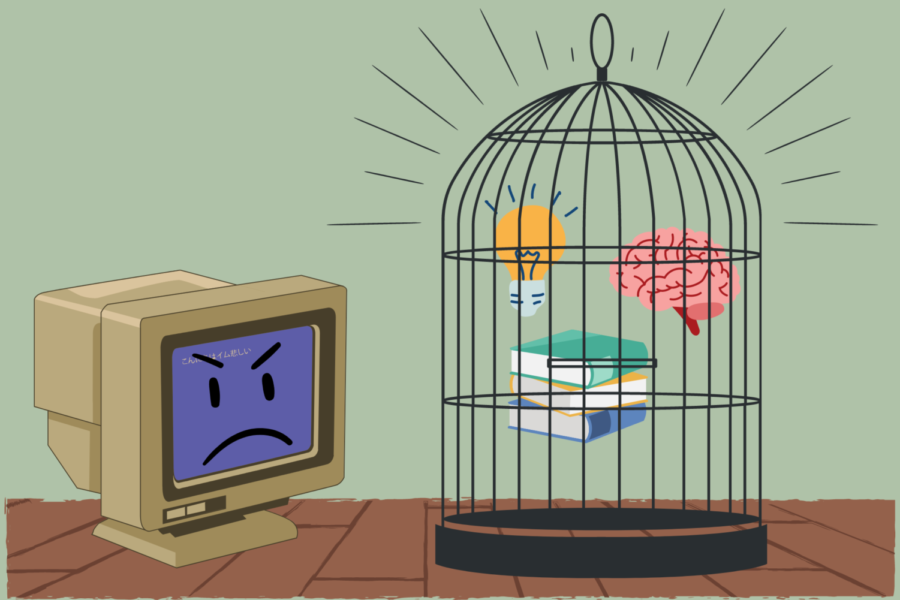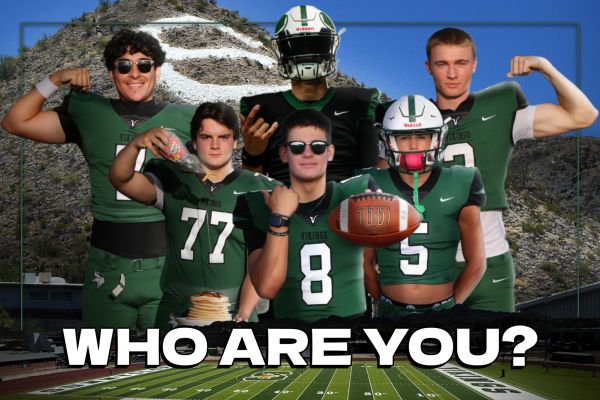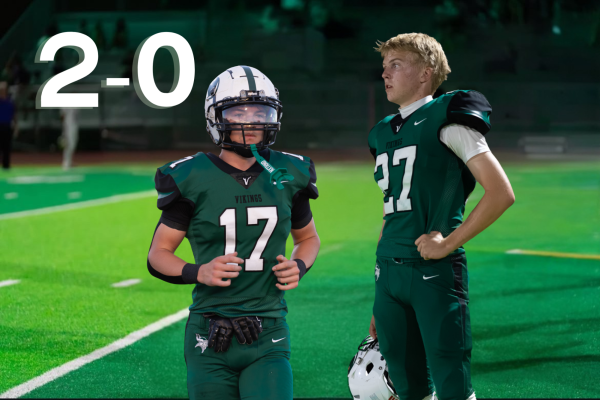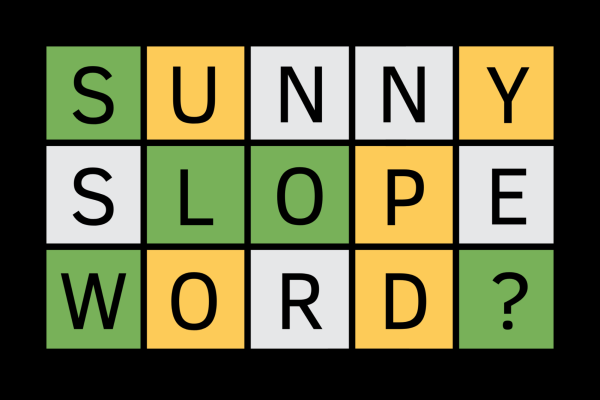Rise of the Chatbots
January 27, 2023
You’ve seen it before: artificial intelligence seizing power and ruling with an iron fist, similar to that in the Disney Channel movie Smart House.
Or the wipeout of creativity and original thought, like in George Orwell’s infamous novel, 1984.
While these are obviously very extreme and fictitious stories, they may be closer than we think, especially with the rise of a new AI chatbot known as Chat GPT.
This highly advanced piece of technology could have unprecedented effects on the everyday lives of millions, and more specifically the education system and the way it runs.
As described by its website, Chat GPT is a, “large language model developed by OpenAI that can be used for natural language processing tasks such as text generation and language translation. One of the key features of ChatGPT is its ability to generate human-like text responses to prompts.”
That last point is key.
Because of the striking accuracy with which Chat GPT can create human-like responses, no take-home essay, research paper, or book report is truly safe.
However, some, like Sunnyslope AP Language and Composition Teacher Sarah Levine, are not too worried about the implications of such technology on their classes specifically.
“My students never know the prompt before the moment, and for the high stakes stuff, we are still doing pen and paper. So when I really want to see what my student knows and can do, I can still see that,” said Levine.
Despite her confidence in her own class, Levine does admit that the advancement of AI generation like this could have a massive impact on the school system as a whole.
“It’s just going to change education. That’s the really alarming thing because we [teachers] hate it when big changes like this happen because we have to adjust and figure out new things as we go,” Levine said.
Levine also suggested that students in classes with certain grading practices could be more inclined to use technology like this.
“The teachers who have very rigid grading practices where one mistake can cost you everything … Those students will use this, and it will definitely rescue them,” said Levine.
Another Sunnyslope AP Language and Composition teacher, Leah Clark, shared similar concerns as Levine.
“If I were to teach a non-AP class, for example English 5-6, where students are writing essays over multiple days, this would be a concern of mine,” said Clark.
However, Clark also acknowledged that a big part of a teacher’s job is to make sure that this type of technology doesn’t need to be used for their assignments.
“One of the big questions as teachers is how we can create meaningful assignments that require critical thinking that students will actually have to do,” said Clark.
Nevertheless, the veteran teacher was very cognisant of the natural progression that led to the use of this technology.
“Each new generation is looking for some sort of easy way out, and this is just the next evolution of that,” said Clark.
As a member of that new generation, Junior Claire Calkins was able to provide some insight from the student side of this development.
“I don’t think [AI Technology] can continue to advance without some disruption to schools, but it might not all be bad. Teachers might find a way to incorporate AI into their teaching plans, and students might be able to learn from tech like chat GPT in ways that actually helps them,” said Calkins.
However, the Sunnyslope student was also able to foresee the downfalls of technology like this.
“I know it [Chat GPT] would make it easier on the students, but it would also mean that they’re not actually learning which defeats the whole point of school,” said Calkins.
While all of these sources may have differing opinions surrounding the specifics of this technology, it is clear that chatbots like this, and any others in the future, could bring unprecedented changes to the world of education.
However, it will be up to this new generation of students to either reject or embrace this new development.

